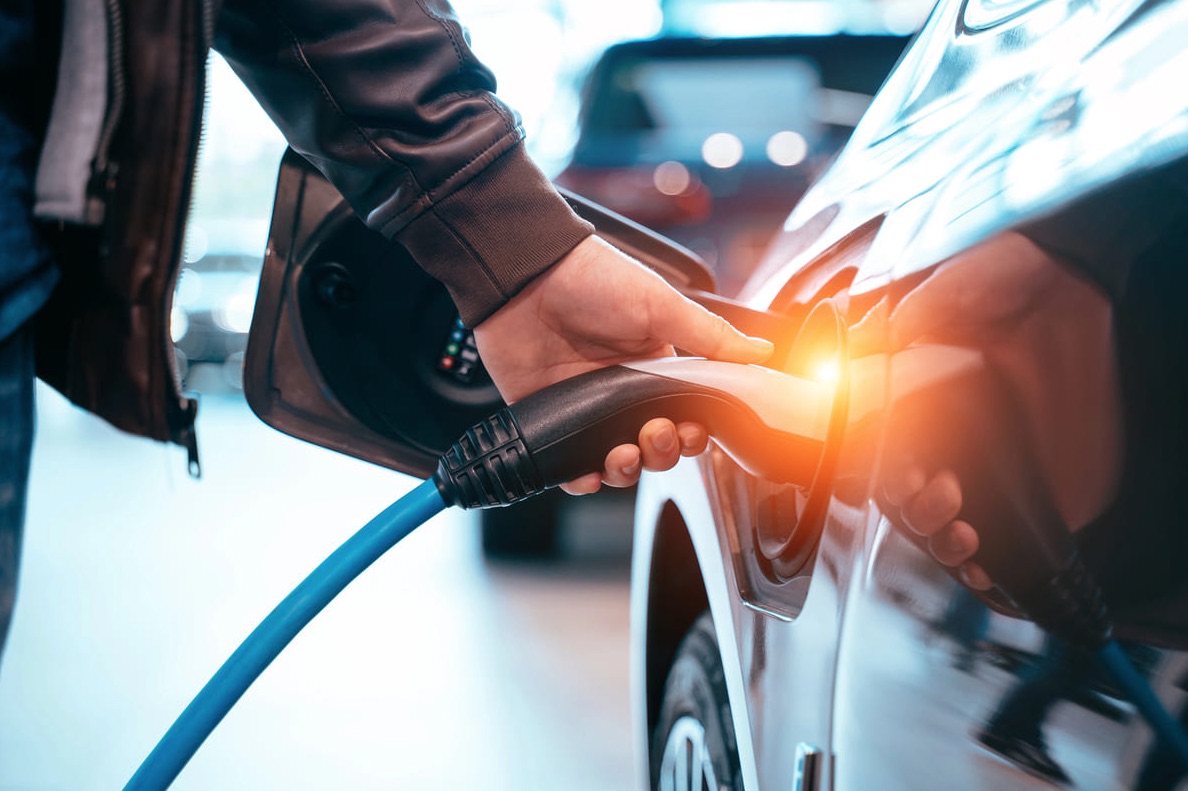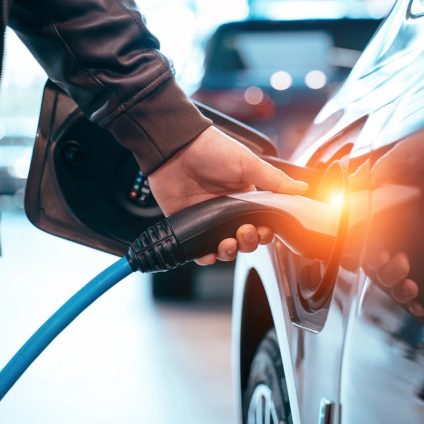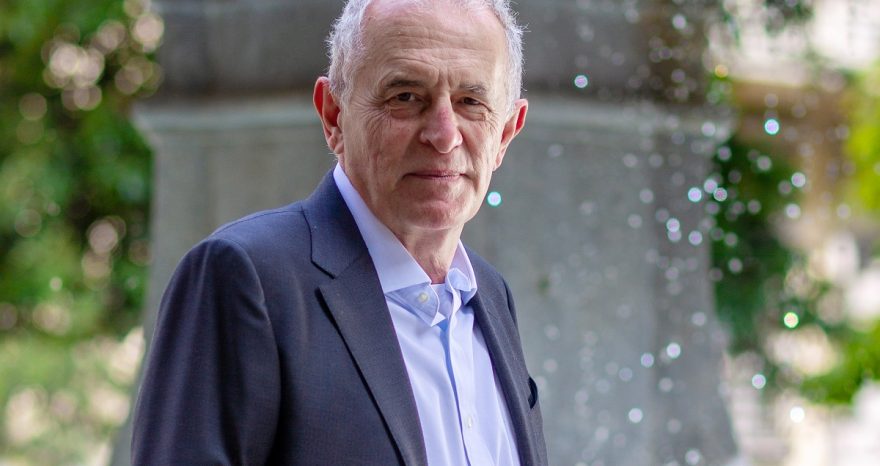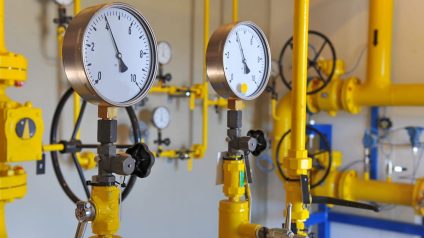The new Commissioner for the Clean Transition responds to the EPP: no change of course on the 2035 phase-out of internal combustion cars. The European People's Party is calling for a postponement and for the inclusion of e-fuels and biofuels

The EPP and Teresa Ribera are immediately at odds over the most divisive issue discussed in Brussels in recent years—a debate in which the Meloni government has taken a leading role with its non-paper on electric cars: The ban on Diesel and petrol cars starting in 2035. The European People’s Party supported the measure in the previous legislature, only to change its stance over time. Now, with the new EU Commission in office for just a few days, the EPP is once again strongly calling for a postponement. However, the new Clean Transition Commissioner, Spain’s Teresa Ribera, has reiterated what she had already hinted at in recent weeks: it’s not up for discussion.
The ban on Diesel and petrol car: What Does It Entail?
During the last legislature, the European Parliament and Council established that starting from 2035, new internal combustion engine vehicles can no longer be registered. This decision, part of the Green Deal, aims to decarbonize the transport sector, which has shown the least progress in reducing greenhouse gas emissions in recent years. Additionally, the decision provides a clear regulatory framework for the automotive industry, enabling better planning of investments and strategic decisions in the shift toward electric vehicles.
The path to 2035 is marked by several milestones. The average emissions of vehicles must continue to decrease year by year. Automakers that exceed the permitted limits will face fines.
Transport: Decarbonization in the EU Is Three Times Slower
Transport accounts for 25% of the EU’s greenhouse gas emissions, with 70% of that coming from road transport—cars, trucks, and vans. Since 1990, transport emissions in Europe have continued to rise. According to a study by Transport & Environment, the pace of decarbonization in the sector is three times slower than in other parts of the continent’s economy. At this rate, transport emissions could rise to 44% of the total by 2030.
The EPP: Revoke the 2035 Ban
In recent days, the European People’s Party (EPP) has revisited the issue with a document addressed to the European Commission. The diesel and petrol car ban scheduled for 2035 “should be revoked,” according to the party, which received the most votes in the last elections (and secured half of the new commissioners).
Their main argument? The need to ensure “technological neutrality,” as stated in the document. The ban on internal combustion engine vehicles is currently structured to allow only the replacement of these vehicles with electric ones.
The EPP advocates for the inclusion of options like e-fuels and other low-carbon technologies, placing them on an equal footing. This includes biofuels, which the Italian government (virtually alone) has been pushing for. “The revision should recognize the role of alternative fuels, including e-fuels, biofuels, renewables, and synthetics,” the EPP argues.
Ribera: No Delay for Diesel and Petrol Car Ban
Teresa Ribera was quick to respond. Postponing the diesel and petrol car ban, she said, “is not something we are considering, and I would say it is not something practically anyone is considering.” This statement came from the European Commission’s Executive Vice-President during a visit to an ArcelorMittal plant in Ghent.
“The issue on the table,” Ribera added, “is how to support the European automotive industry in an ongoing transformation process and in a global industrial race that has been underway for years,” while ensuring “stability” in the timelines.












